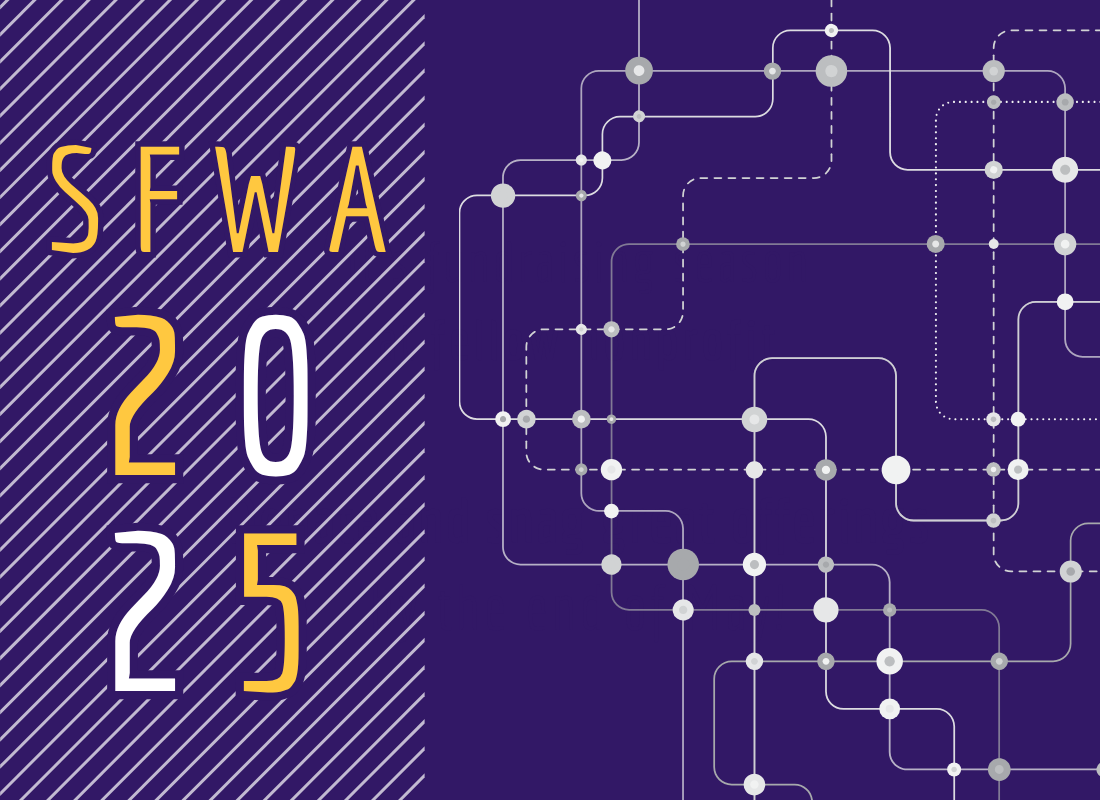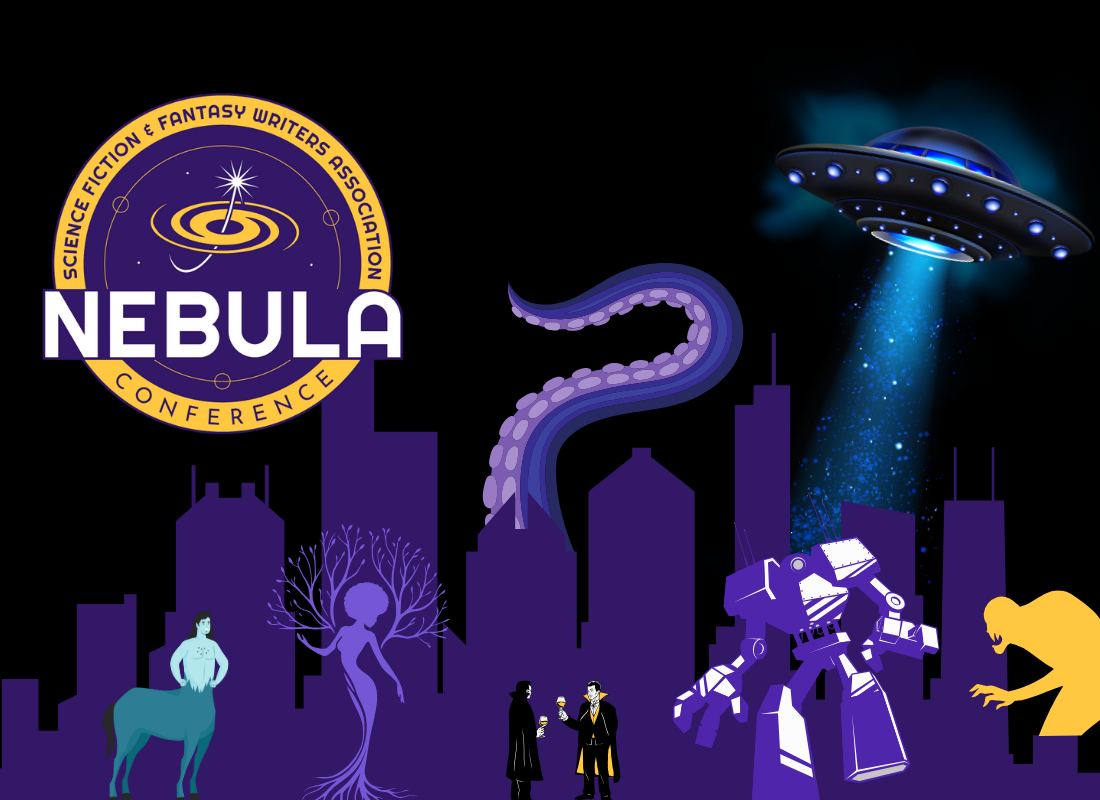Have you read our latest FAQ updates for the Anthropic/AI settlement?
-
BIPOC Voice Narration
by Andrew K Hoe. BIPOC authors face unique challenges in podcast narration. This article examines representation, voice authenticity, self‑advocacy, and editorial dynamics, and explains how narrator choice impacts cultural respect and authorial identity.
-
SFWA Presents: Get to Know Our Industry Peer…Locus Magazine
Fellow 501(c)3 nonprofit Locus Magazine is celebrating its 58th year. Learn more about the work they do in genre, through reviews and more.
-
Skill Tests for Video Game Writers
by John Ryan. Game writing tests are crucial hiring steps. Learn what they involve, how studios evaluate candidates, and practical tips to prepare, follow instructions, manage limits, and showcase sharp narrative skills.









